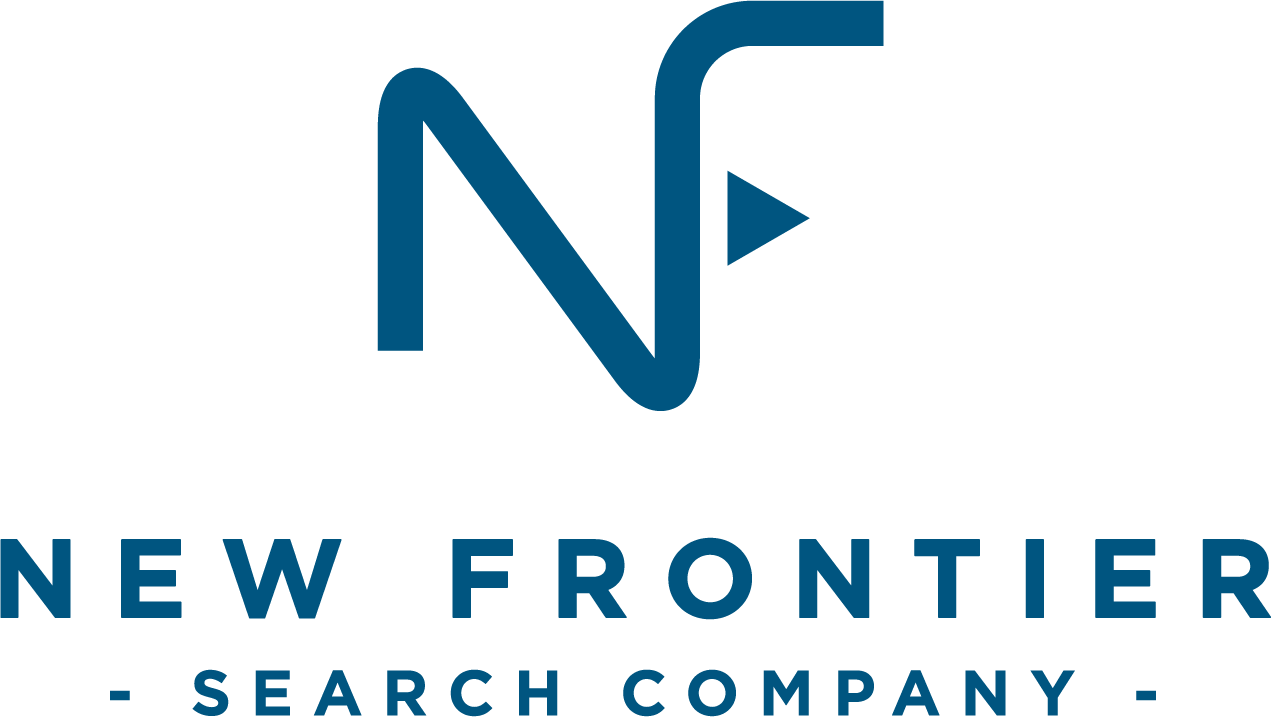How To Lose $500,000 In 3 Minutes: Don't Send A Thank-You Note.
/Have you ever lost $500,000 bucks?
Ever lost $10,000?
How would you feel if you knew that you could have had 10k, 100k, or 500k more in your paycheck if you would have just spent 3 minutes doing one thing?
It is the perception of an act or inaction that makes a difference.
A True Story: Steve had been reminded by his mom and dad about this practice when he was in grade school. Steve was again reminded by mom and dad when he was in high school. Steve was reminded by his guidance counselor in college when he was applying to colleges and for references. Steve was reminded by one of the recruiters he worked with right out of college. He had been reminded about the simple practice of sending a thank-you note or email to managers he interviewed with or who had introduced him to a potential hiring manager or any person who had helped Steve in some way in his job quests. He was reminded, but he didn't make it a habit to follow this advice.
Yet, Steve was smart and did get eventually get a job and did well in his career.
Fast Forward seven years 2017, he was ready for a career move.
Steve shook hands with the vice president of sales in the Phoenix Airport to interview for a national account sales manager position. In a noisy corner of a congested Starbucks, the two men hit it off quickly, with the vp saying he wanted Steve to meet the president the following week for a final interview and would call him next week to set up the meeting. He talked about an offer and the money was strong.
This potential new job would give Steve more responsibility to manage big clients, as well as taking his salary and variable compensation to another level that would add over a half a million dollars to his W2 earnings over these next 3 years he calculated, as he sat in traffic leaving the airport interview. Serious move up.
But the call from the vp never came. Weeks went by, no call. No emails follow-up from the vp, until a two months later, a short message from the HR manager saying the job had been filled with a more qualified candidate.
I knew the vp of sales. And I know why he didn't pursue Steve as a candidate, despite his "ideal fit." He told me the reason. It was one, simple reason: Steve never followed up with a thank-you email after the interview. So simple, so basic, so textbook, yet he never sent the note. Why?
Not sending the the follow-up note after the interview and not getting the job offer amounted to a loss of over a half a million dollars in additional yearly income for Steve over those next three years. A half a million dollars! And this scenario happens every day in America. Great jobs and great opportunity left on the table for one, simple omission that falls under Standard Operating Procedure in business interviews.
Every month, great job offers are never delivered by hiring executives because the candidate for the job was not cognizant enough/not self-aware enough/not courteous enough to acknowledge the time and effort someone made to speak with them about an opportunity of employment. This is textbook stuff. Third grade stuff. HR managers shouldn't have to remind their favorite candidate to send a note to the hiring manager they just met. The candidate should know this already. The headhunter shouldn't have to remind the candidate to send notes either. Spouses or significant others shouldn't have to remind their partner to send a note either.
Perhaps you think it petty or trivial on the hiring manager's side that he or she would hold this simple omission or oversight of not sending a follow-up note as conditions for not pursuing a qualified candidate. In reality, the follow-up note provides far more subtle insights and evidence to a hiring manager around candidate interest, intent, etiquette, communication style, listening skills, vocabulary, creativity, organization skills, storytelling, time management, research capabilities, as well as humor, empathy and self-awareness. All this insight from one note, gives a hiring manager clues and could allow the candidate a chance to stand out in a crowded field over overcome a rocky first interview.
Too busy to send the note after the interview: No excuse. Takes 3 minutes.
I forgot to send it: Better the manager knows this habit before you are hired.
I wasn't interested in the job, so no need to send note: There may have been a better job in the next room that you never heard about because you didn't send the note.
I thought this practice was out-dated. Where did you read of this change? Common courtesy never goes out of style.
Didn't have his/her email address: Really? Find it.
I thought the headhunter would share my interest with the manager: You guessed wrong. Accountability. The manager makes the decision who to hire, the headhunter is the scout.
Research continues to confirm that self-awareness is a critical factor in overall success in business, as well as personal and professional relationships. The act of acknowledging others time and energy towards your behalf, either verbally or in some written form, is a critical skill and habit in every life scenario.
And, if you're a HR professional or hiring manager and you don't see a follow-up email or written note, it is a sign to truly explore other aspects of the candidate's behavior, intention and commitment to pursuing the job opportunity, as well as a indicator to their communication style and emotional intelligence.
Oh, what Steve could have done with that extra money.

